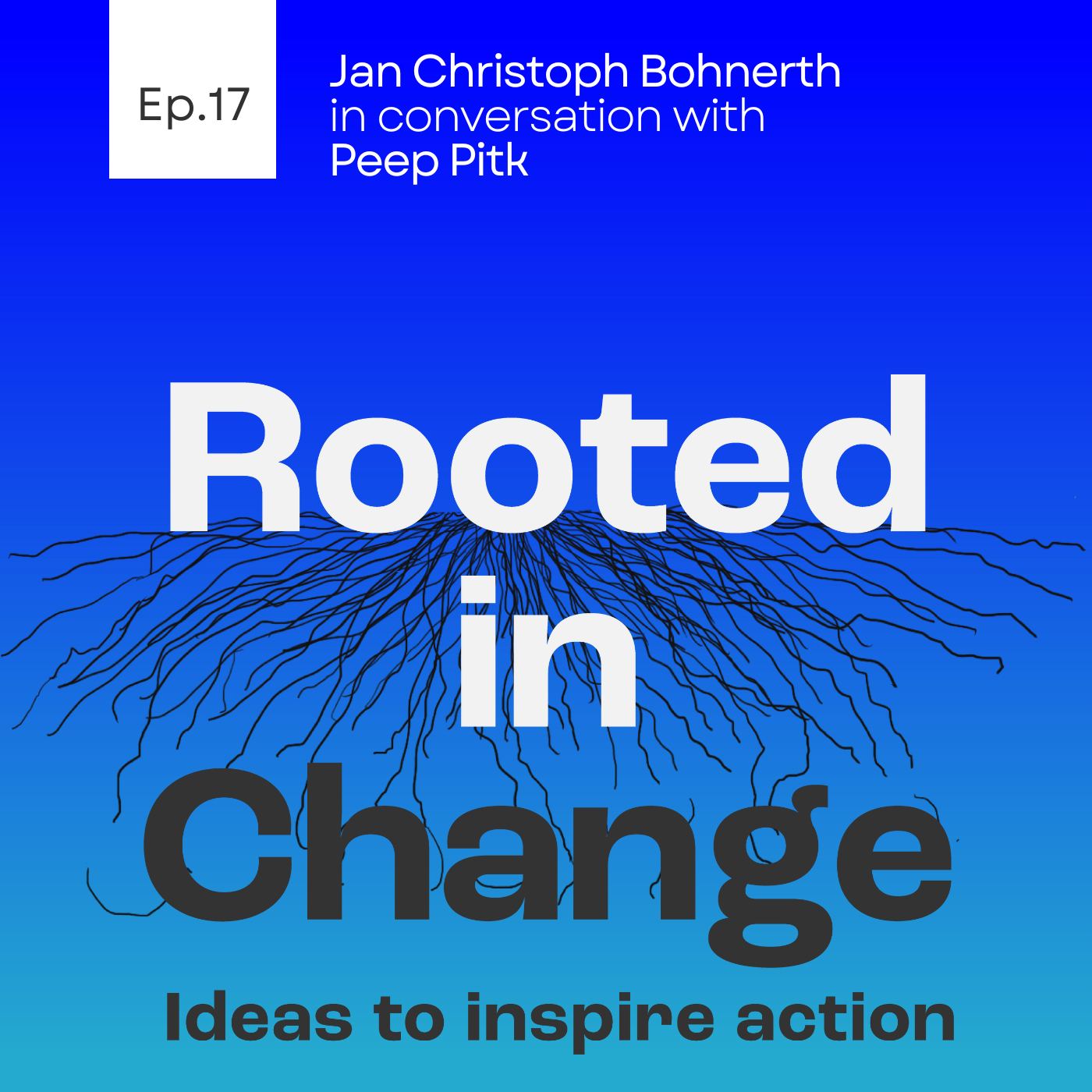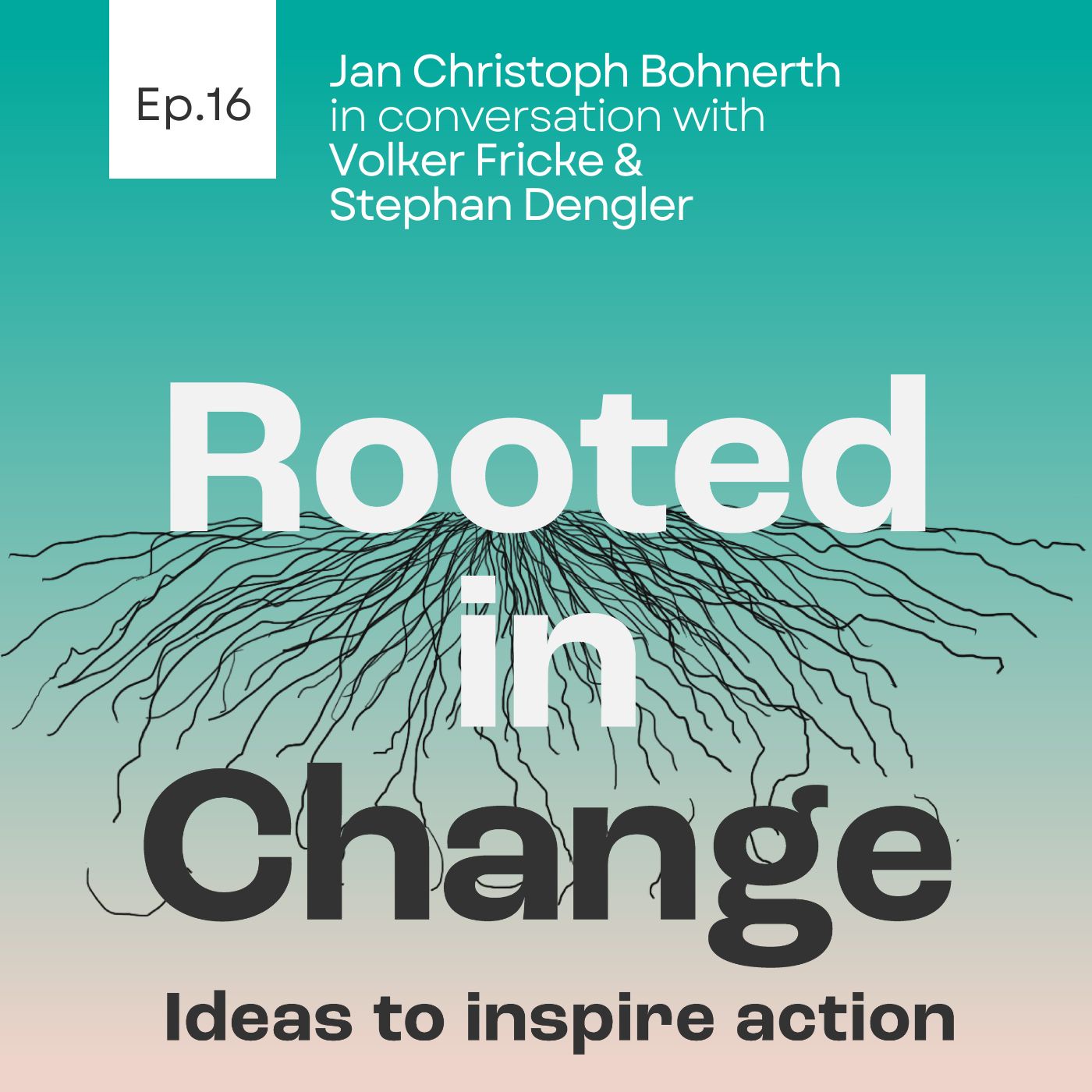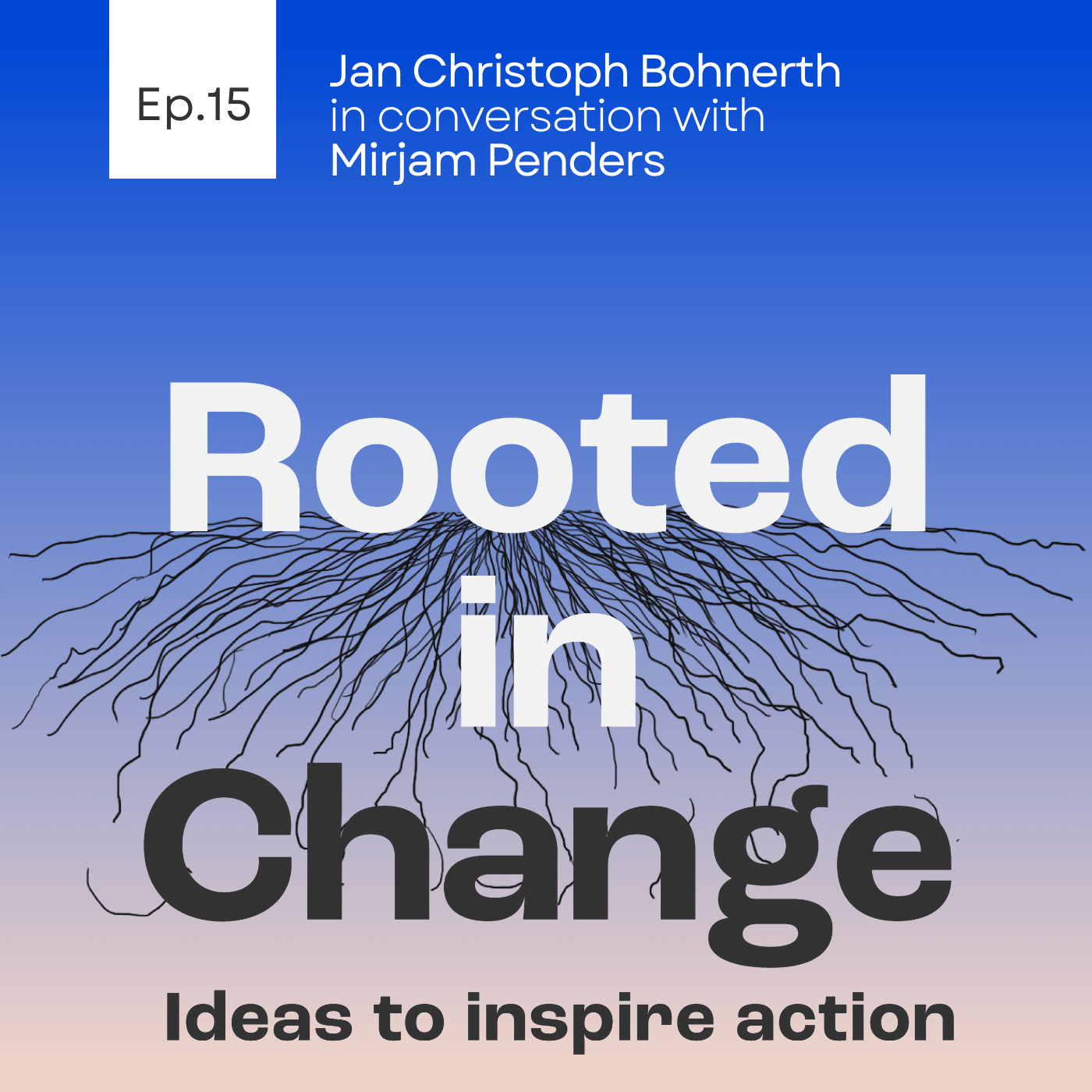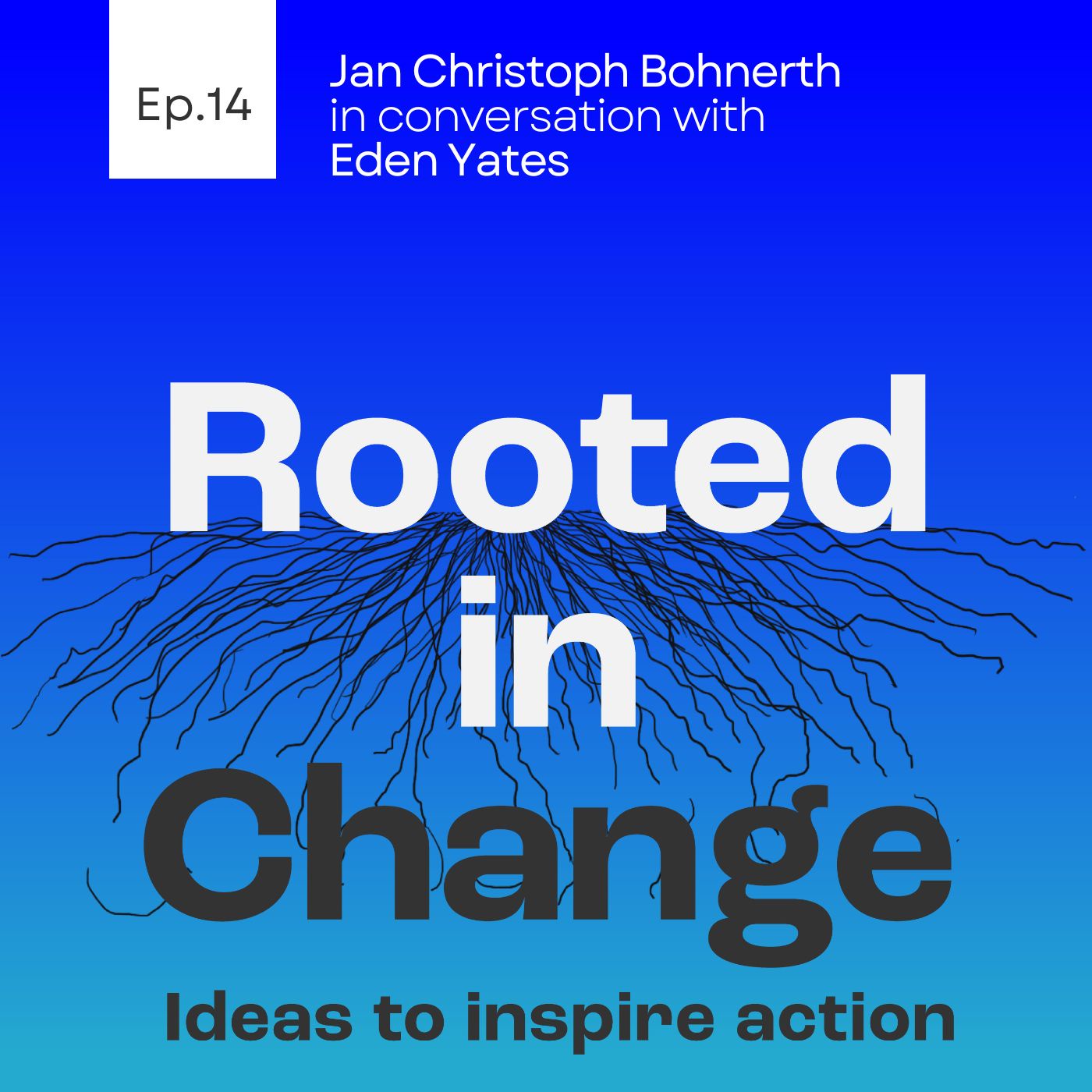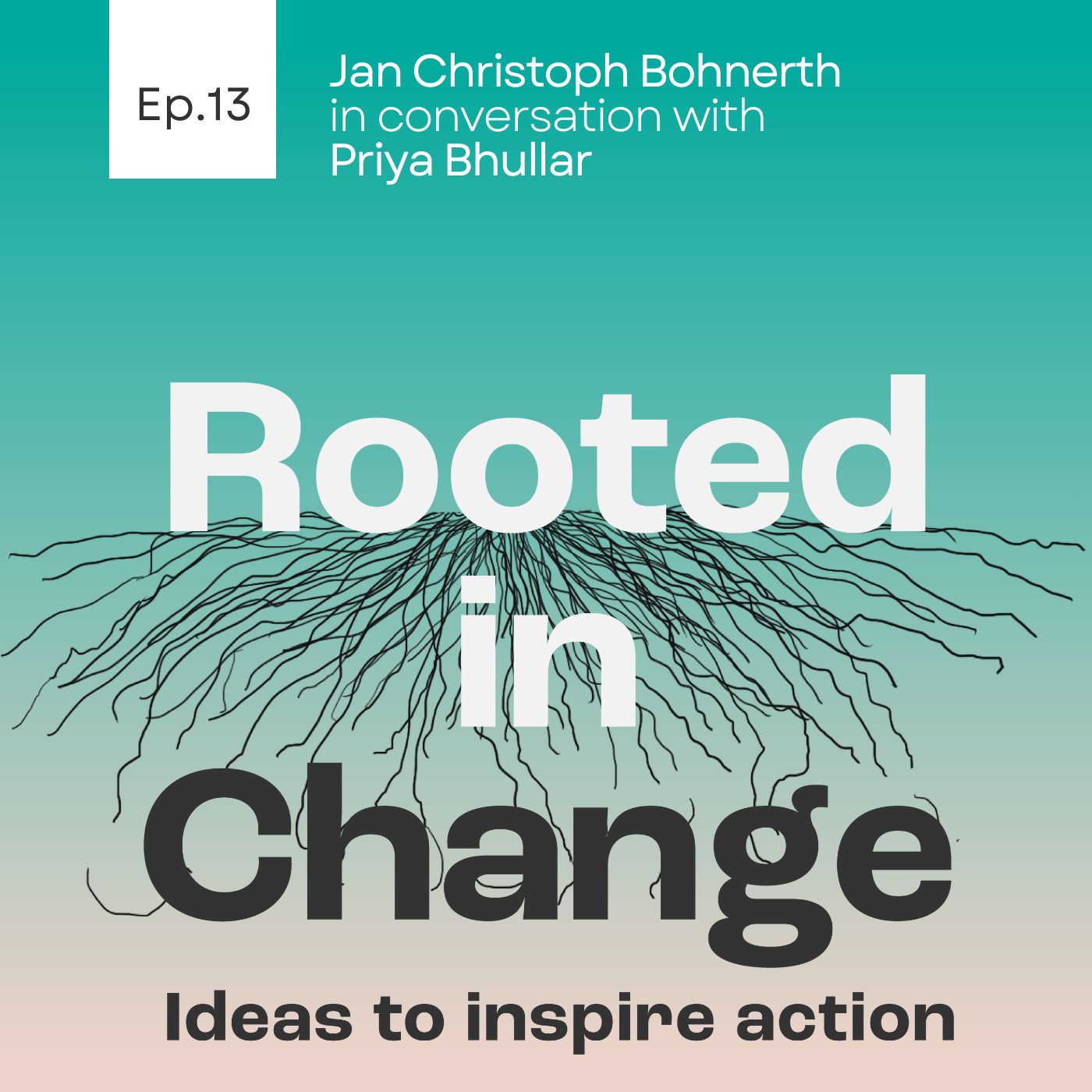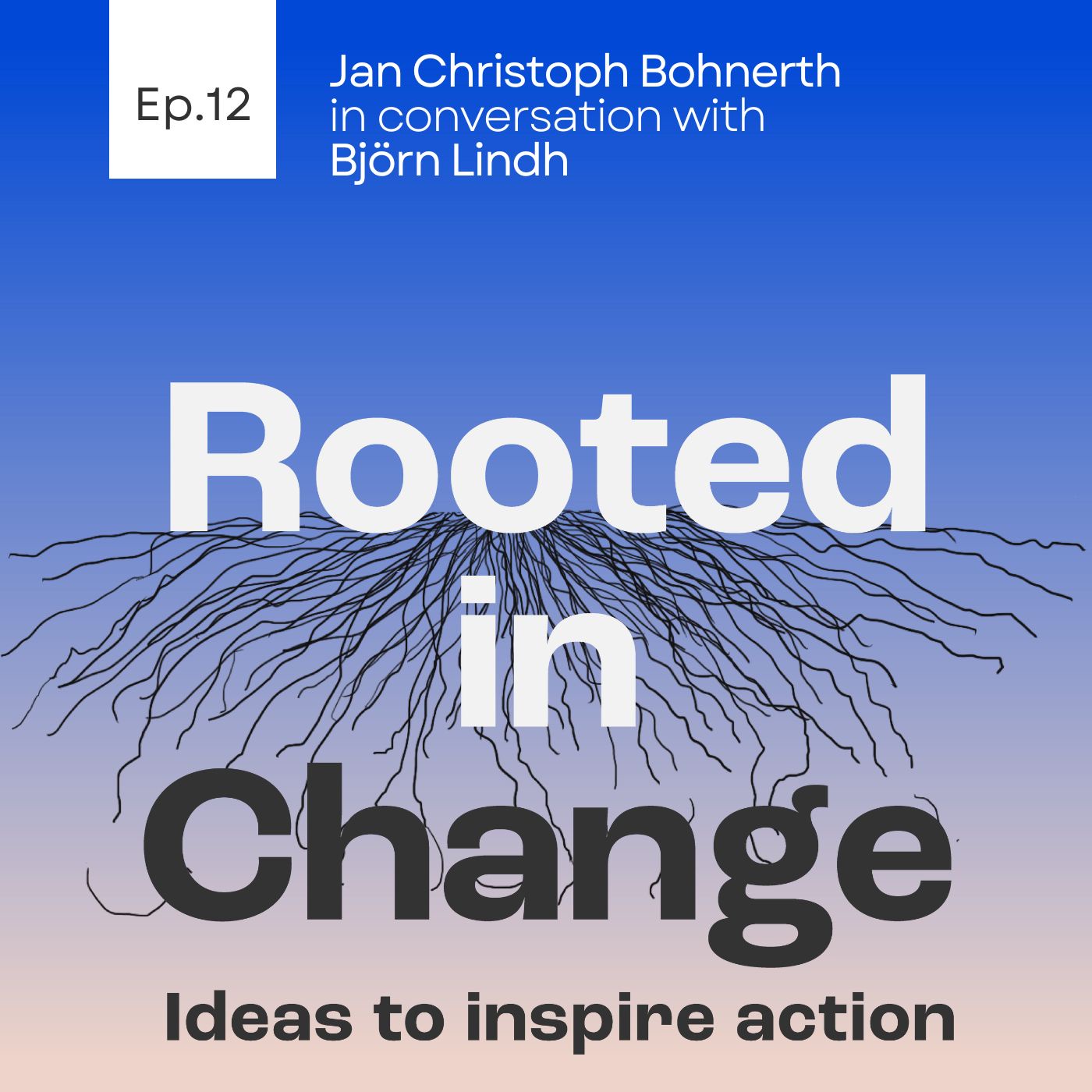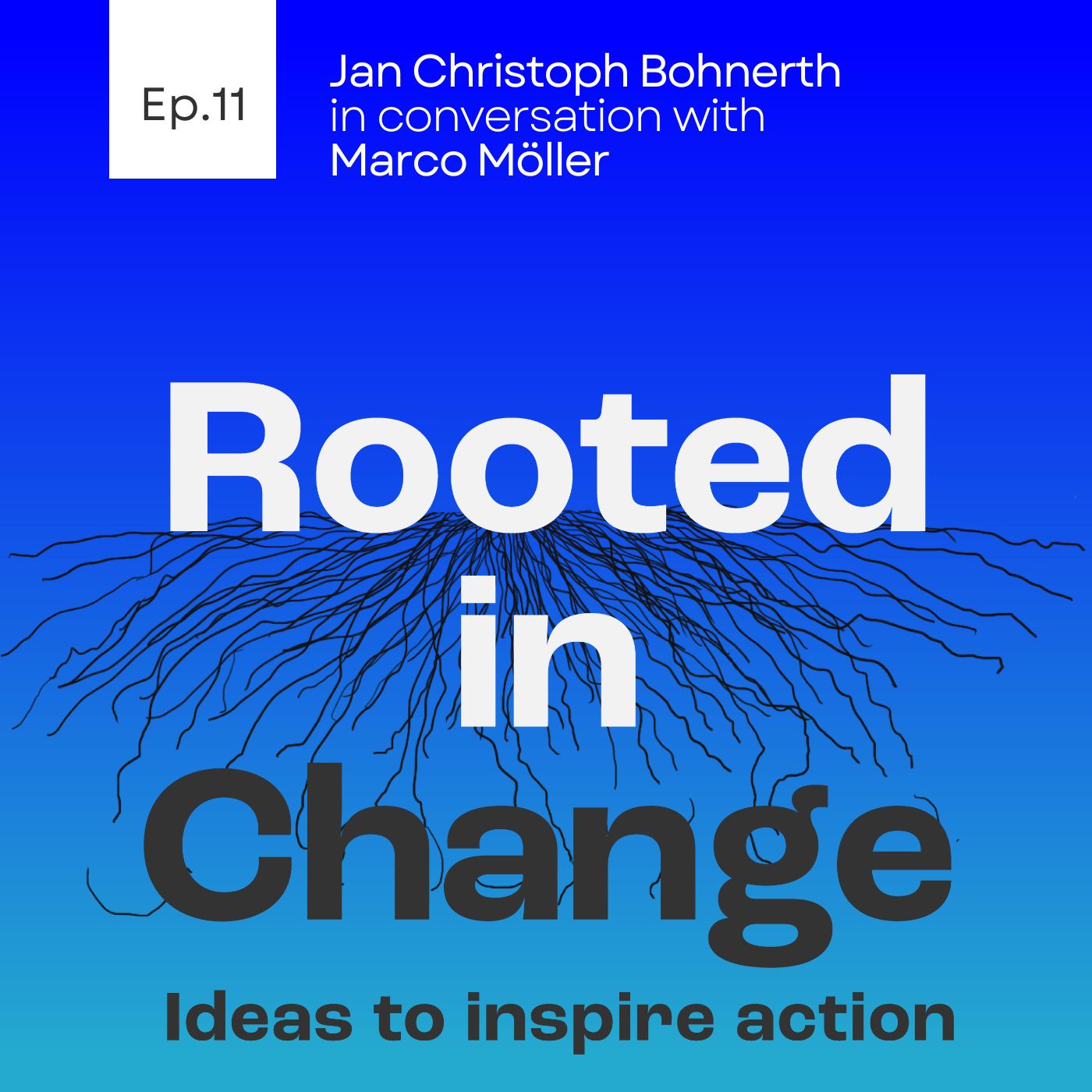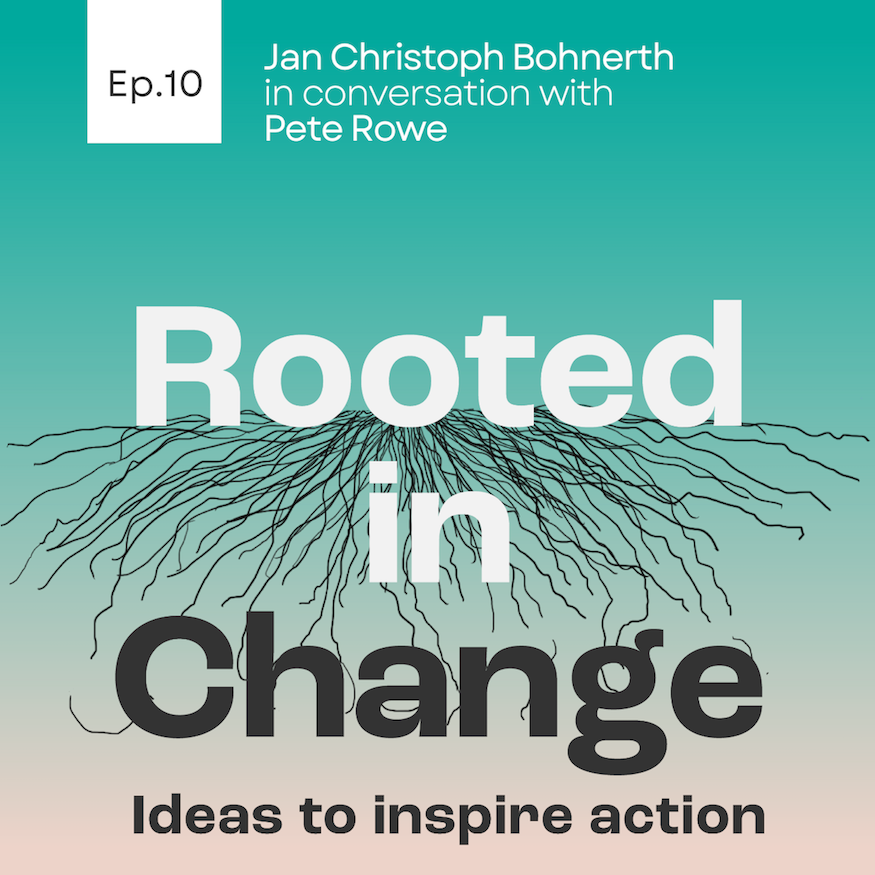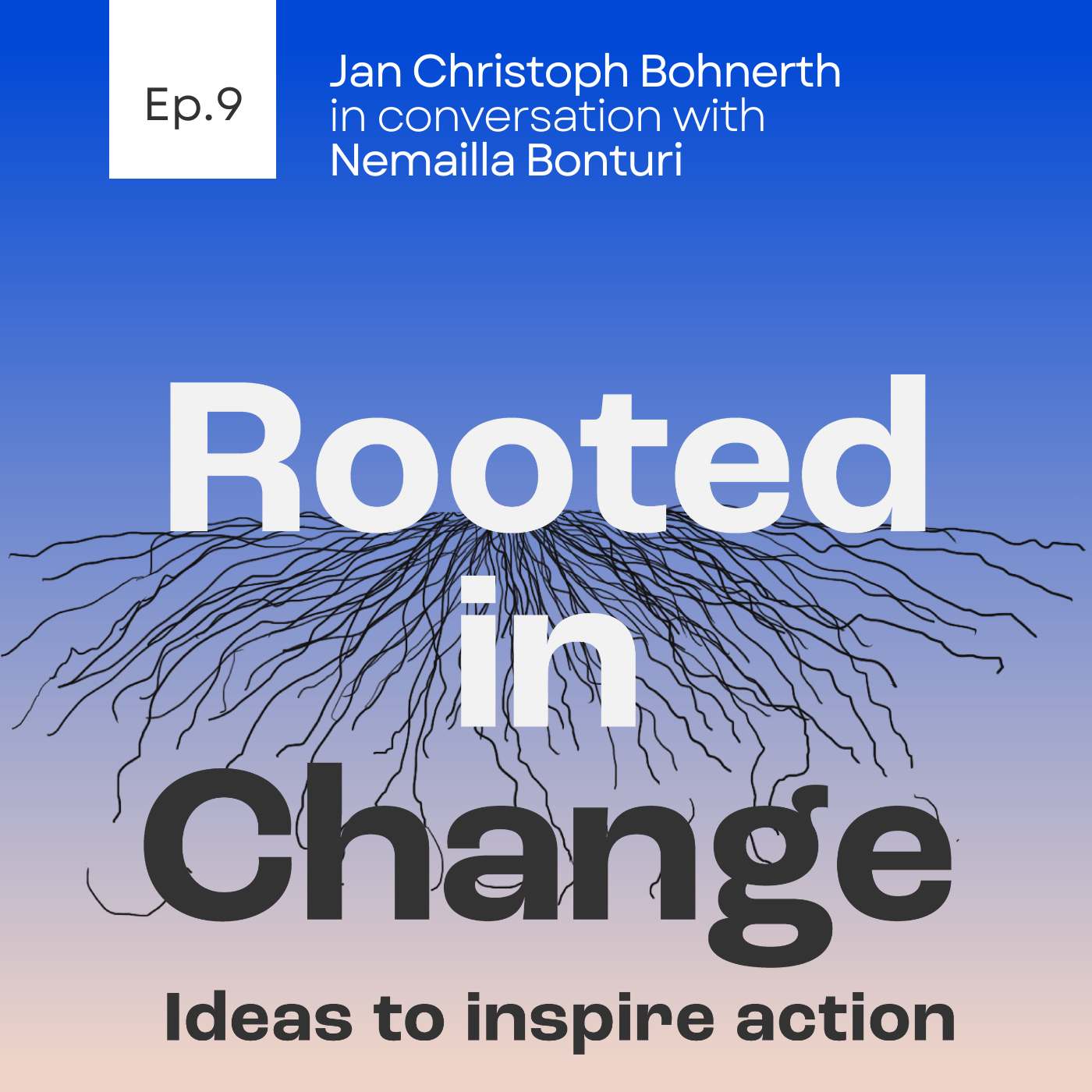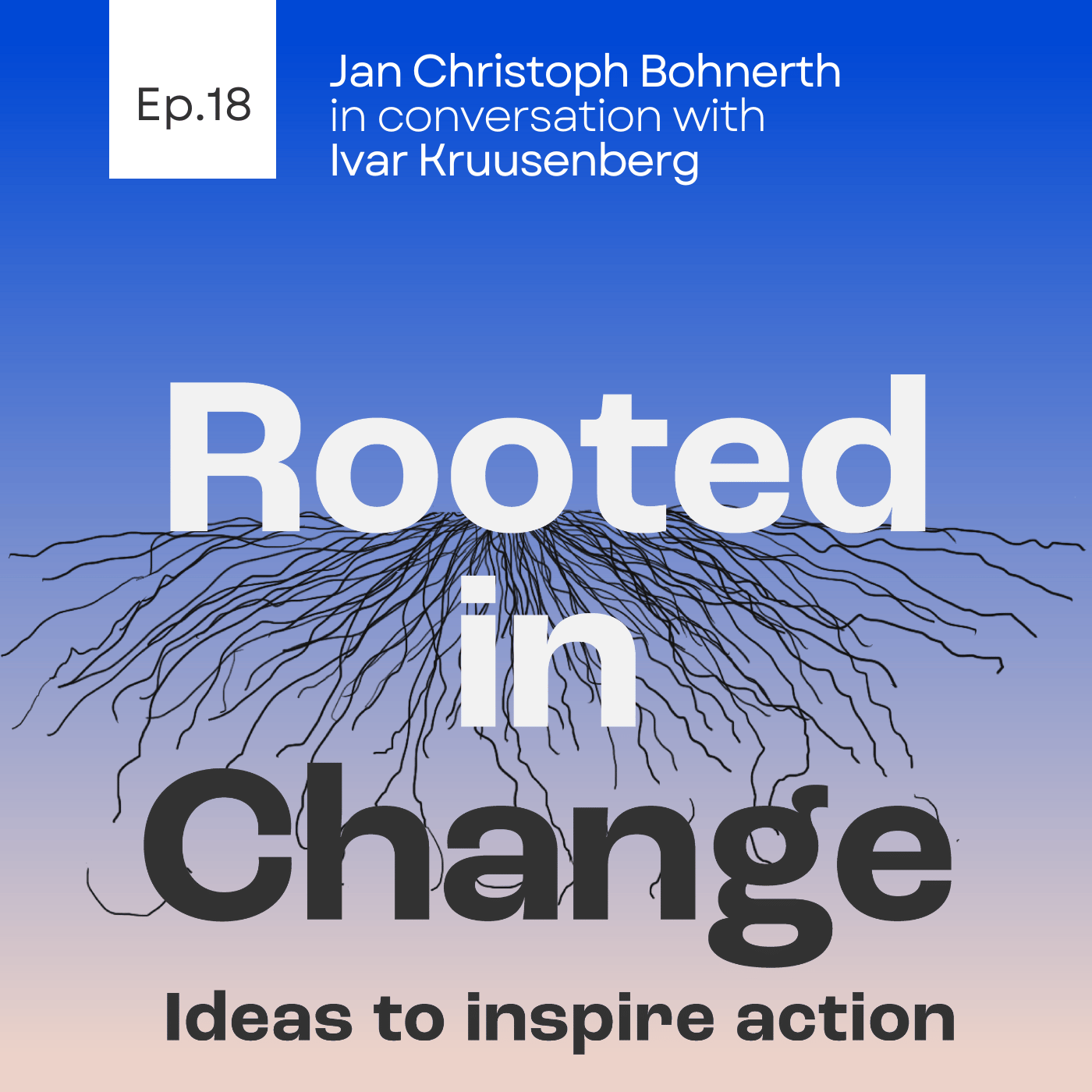
Ivar Kruusenberg - PowerUp
What if we could prevent outages by using fuel cells? This is where PowerUp enters the stage. With Ivar, founder and CEO of the company, we discuss how batteries and hydrogen-powered fuel cells can work together to provide power wherever needed. In this conversation, we delve into how fuel cells work, use cases for the technology, and PowerUp's traction. We discuss the current fundraising climate for hydrogen companies and how the increased investor interest has led to an interesting challenge. Bonus point for the surprise when Ivar shared where PowerUp's story originally started.
Thank you so much for listening in...
